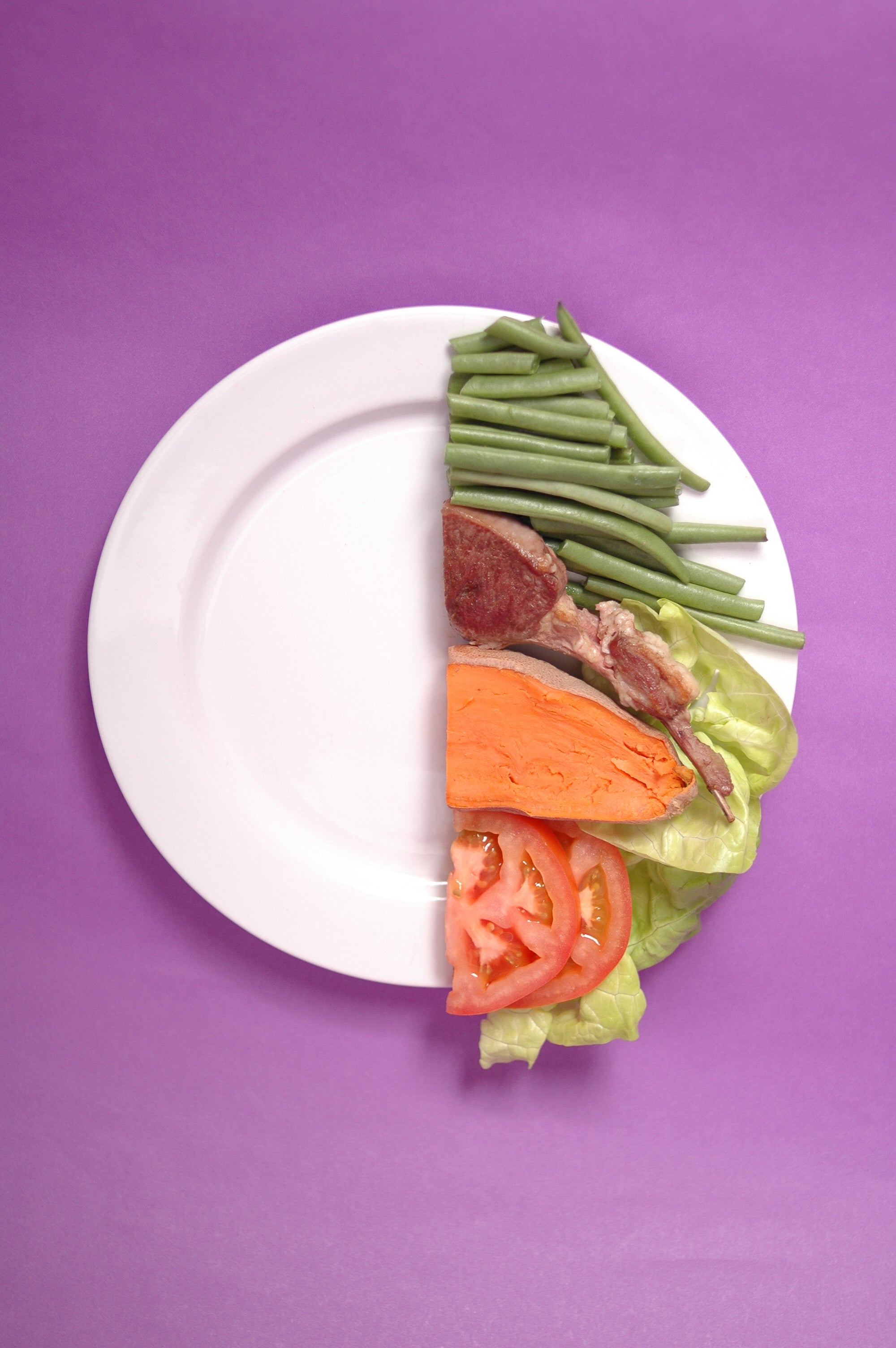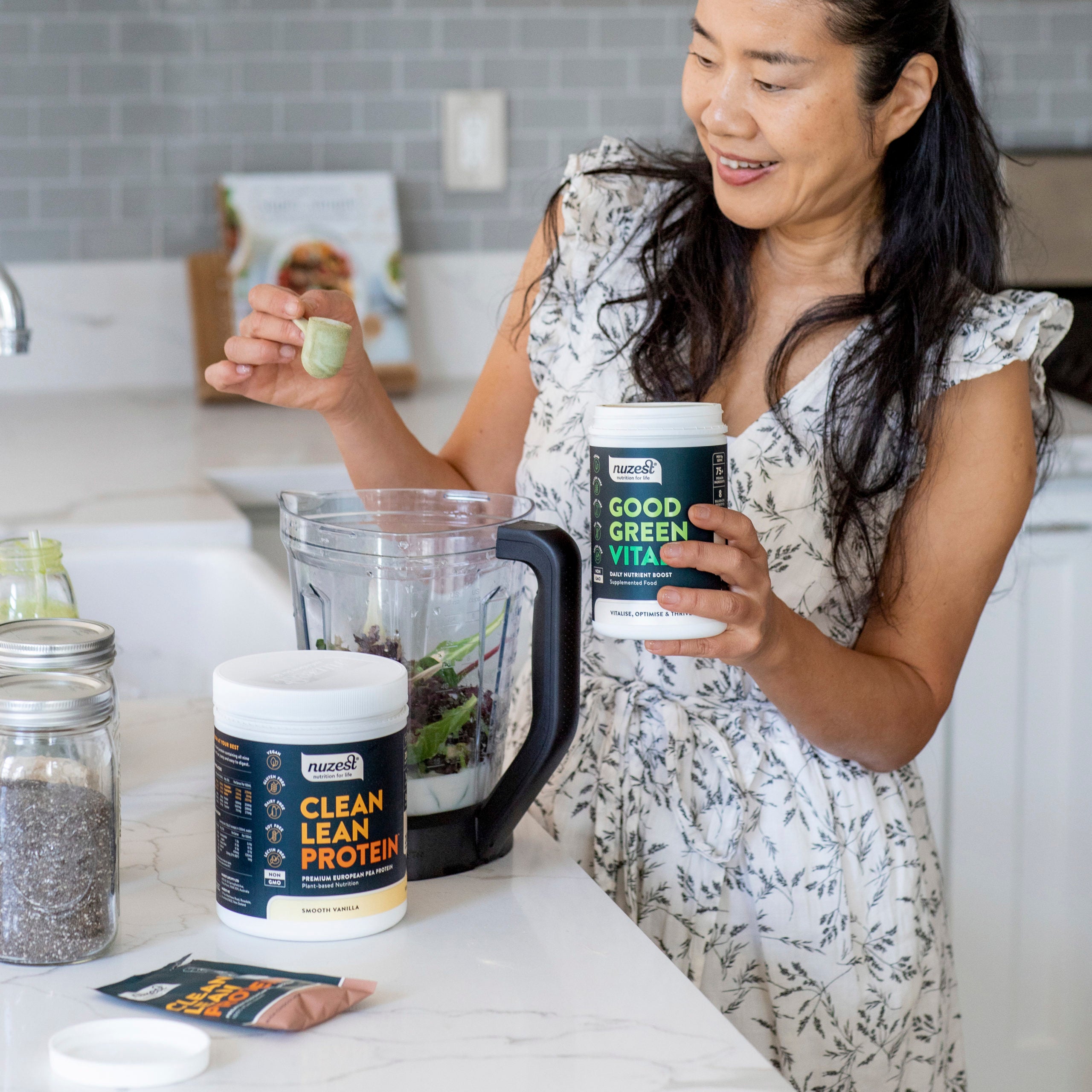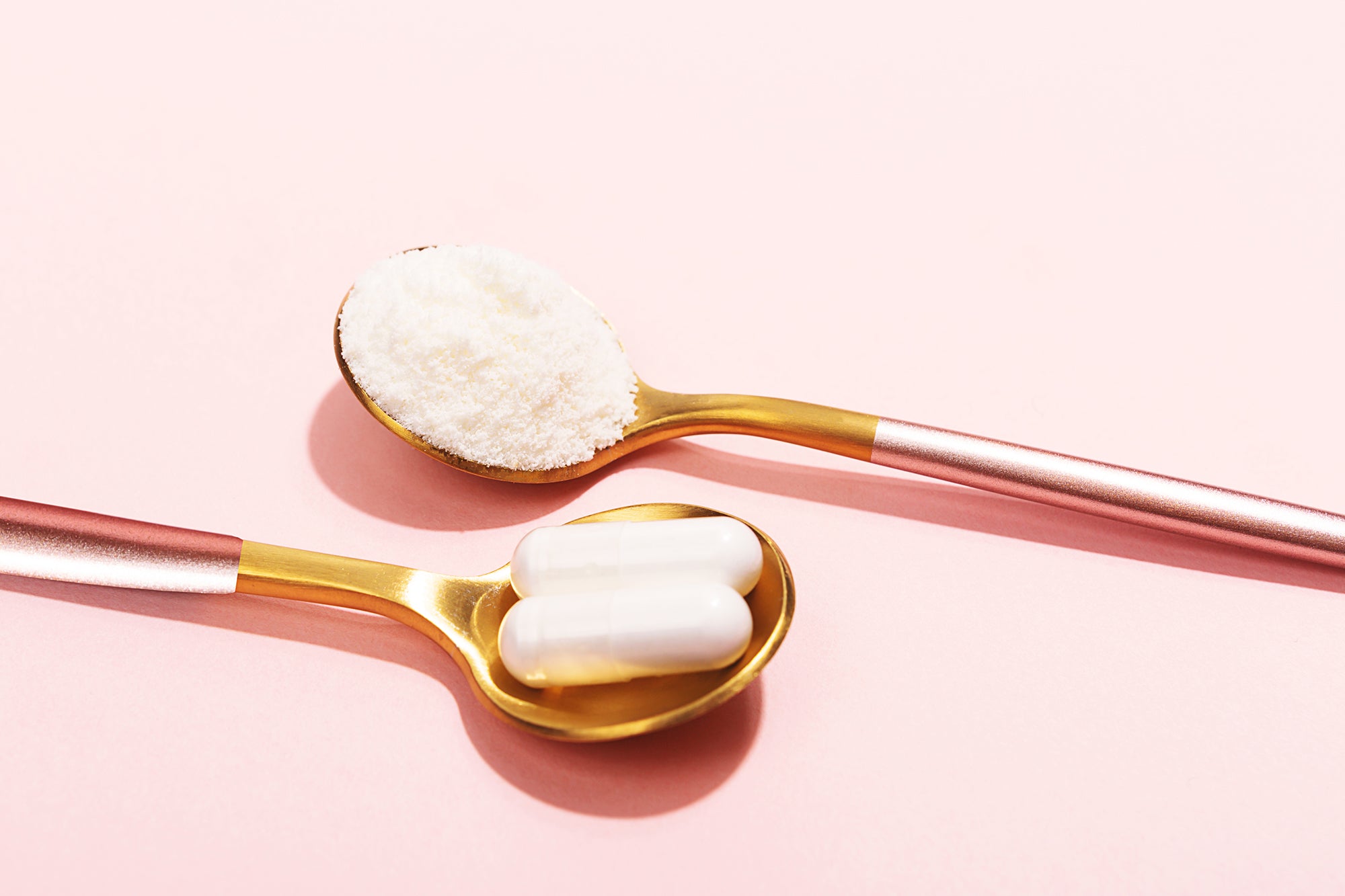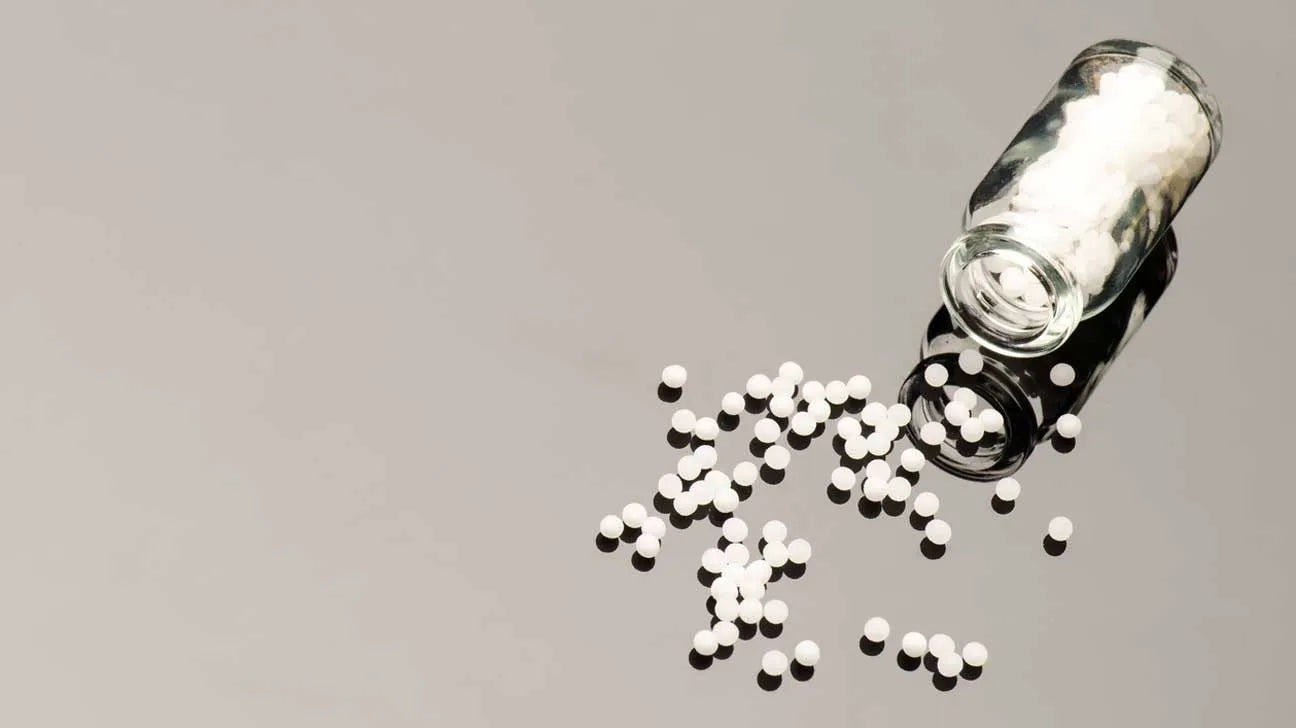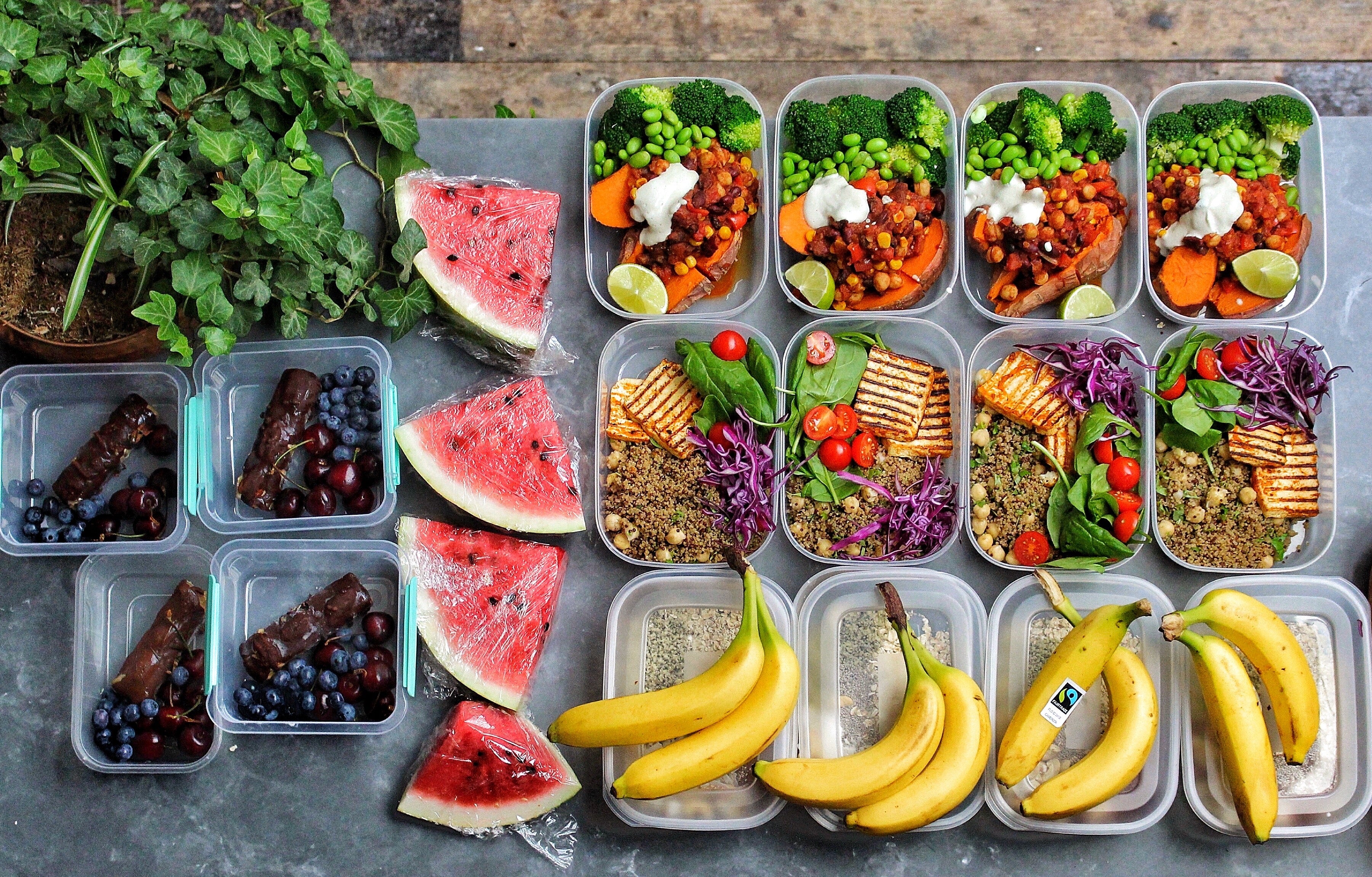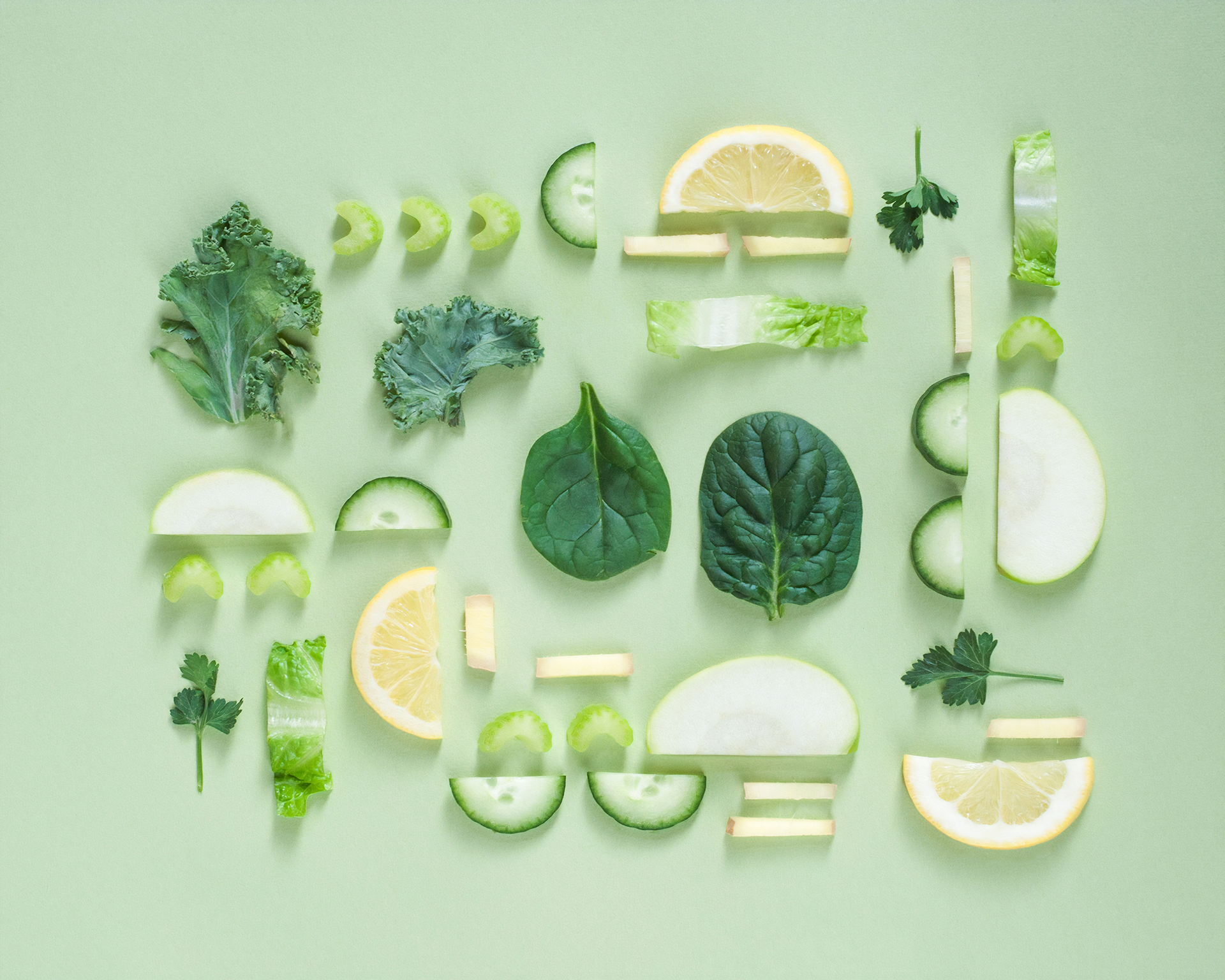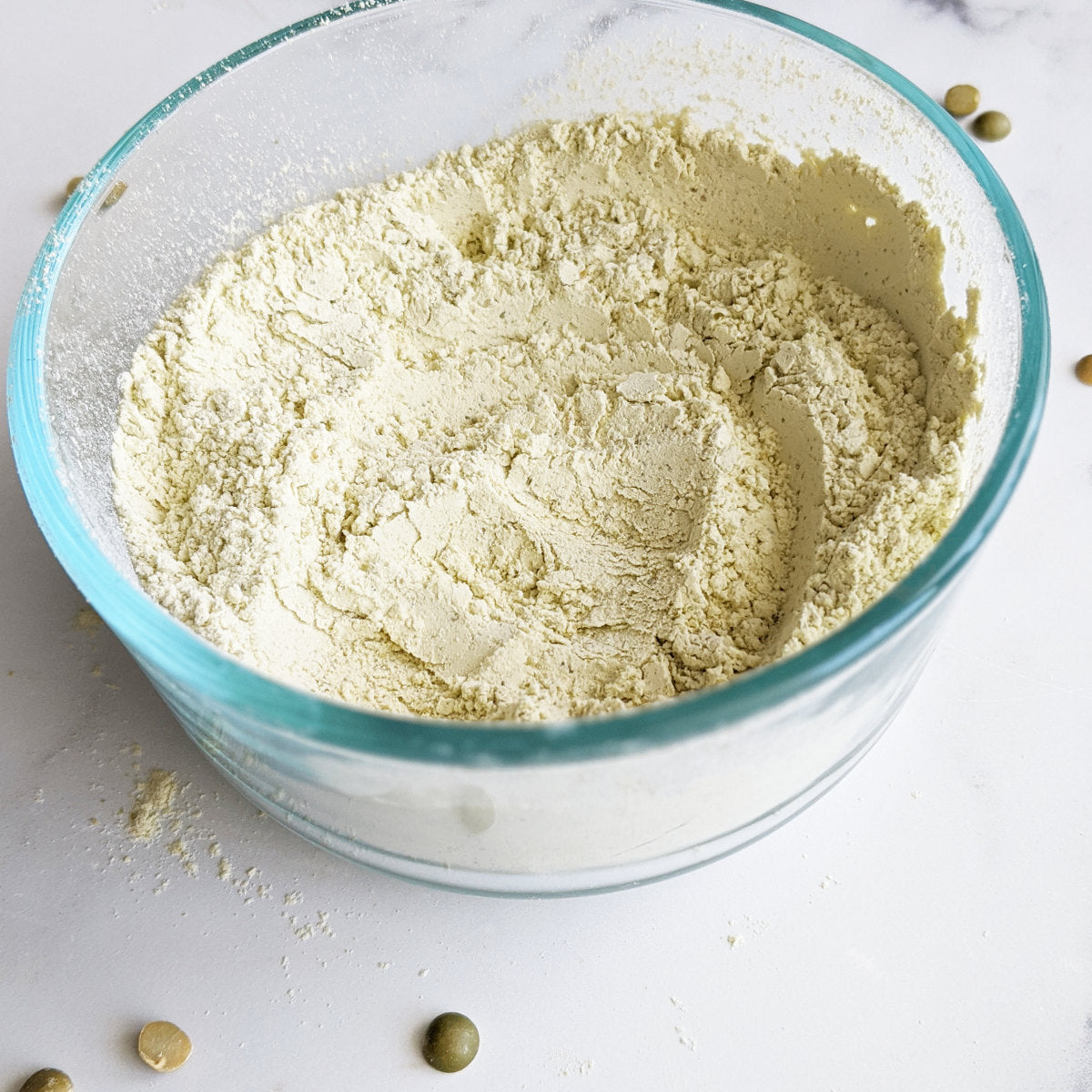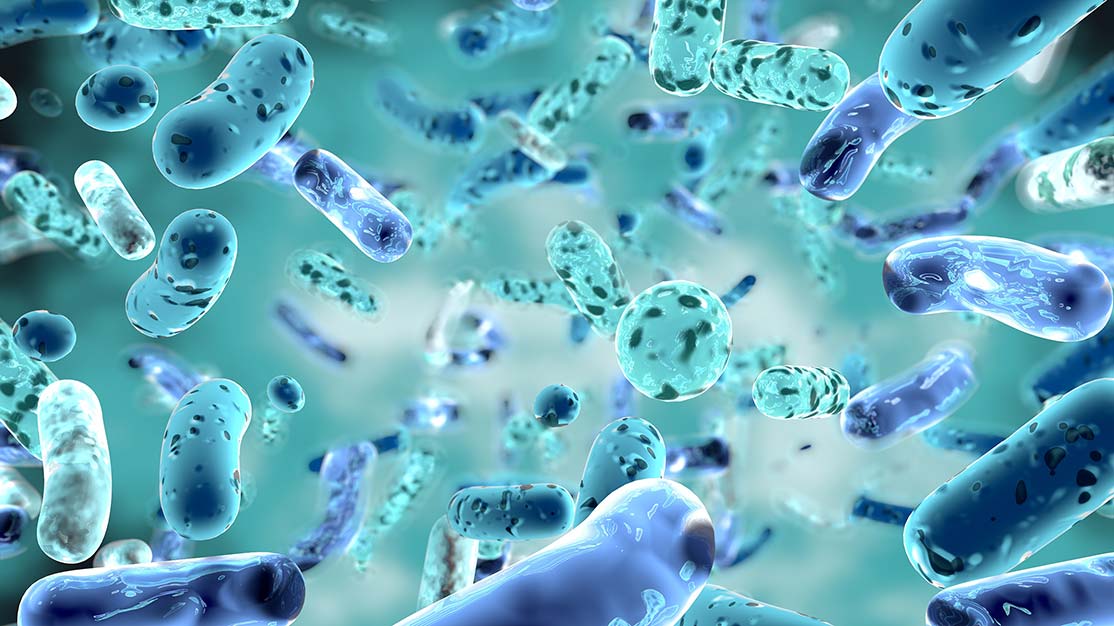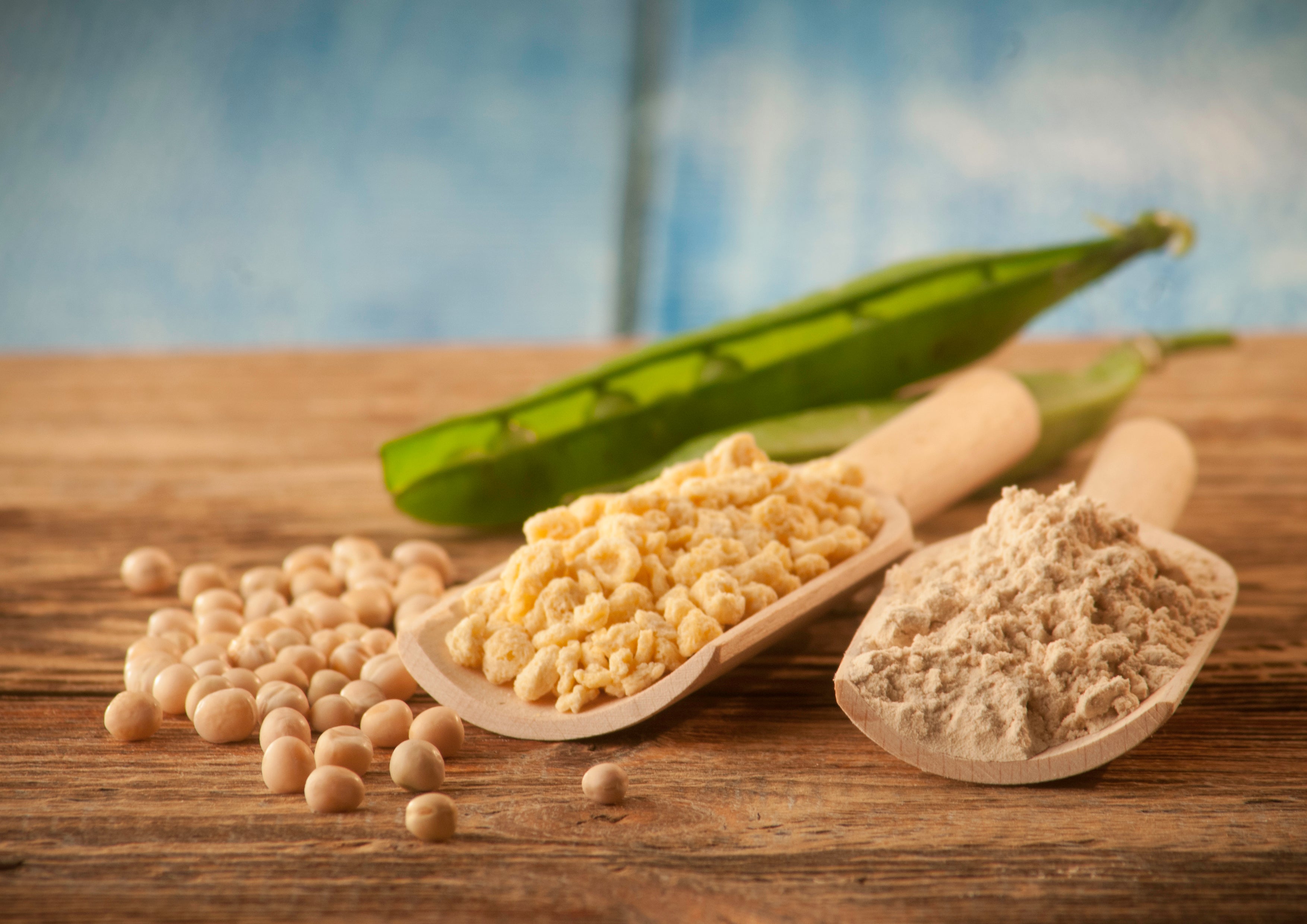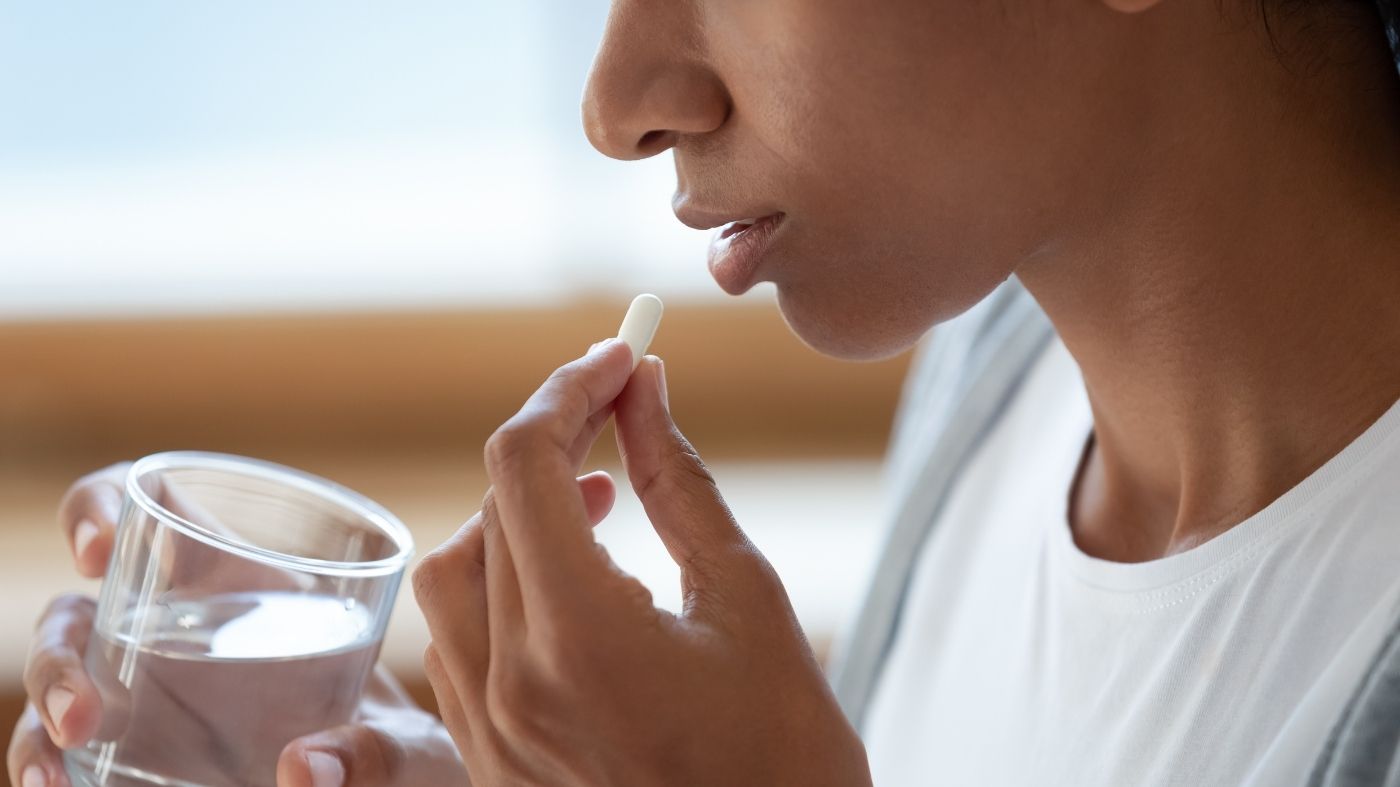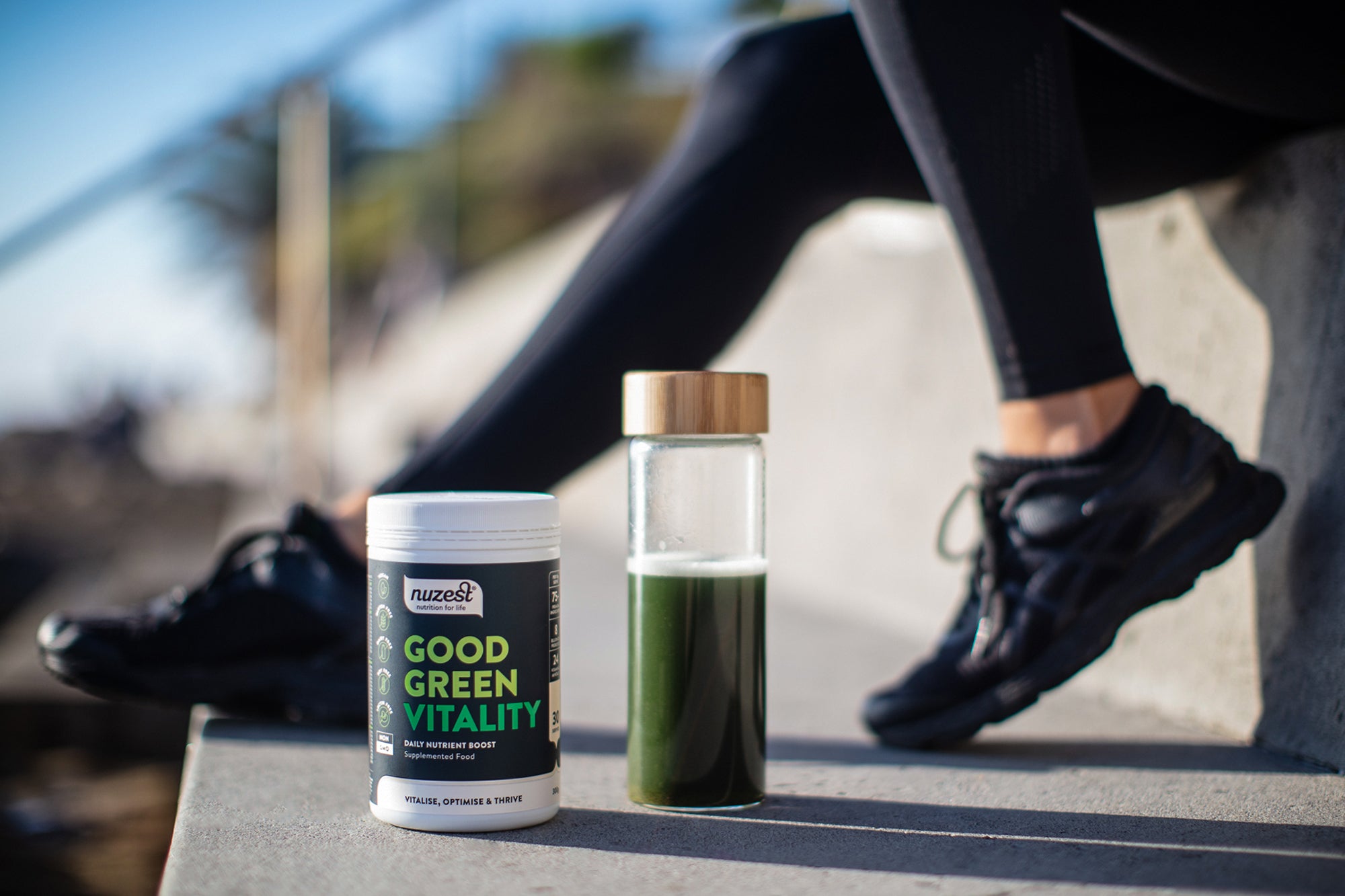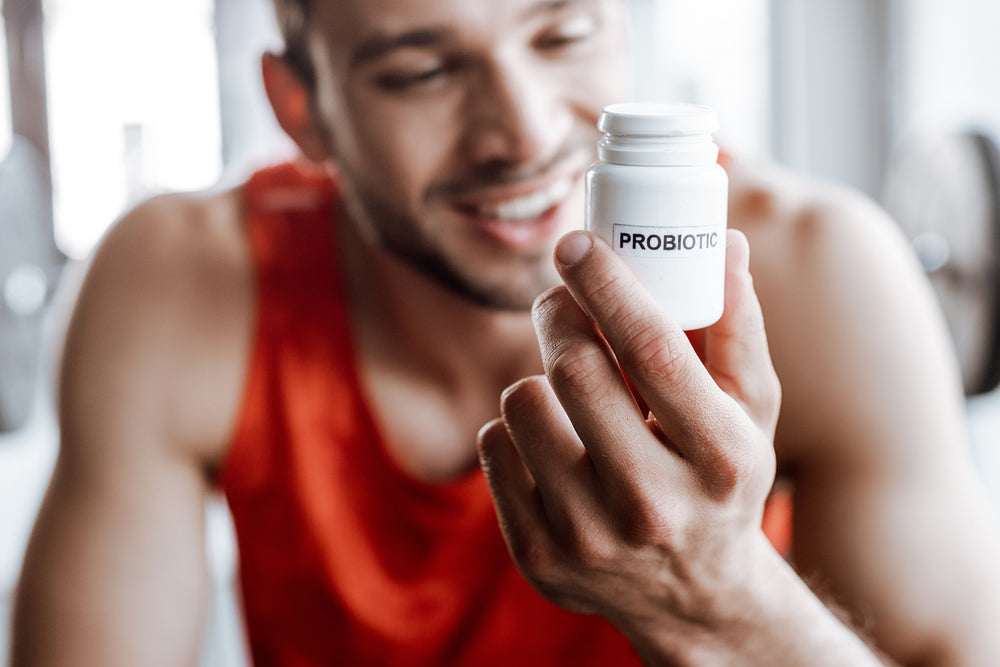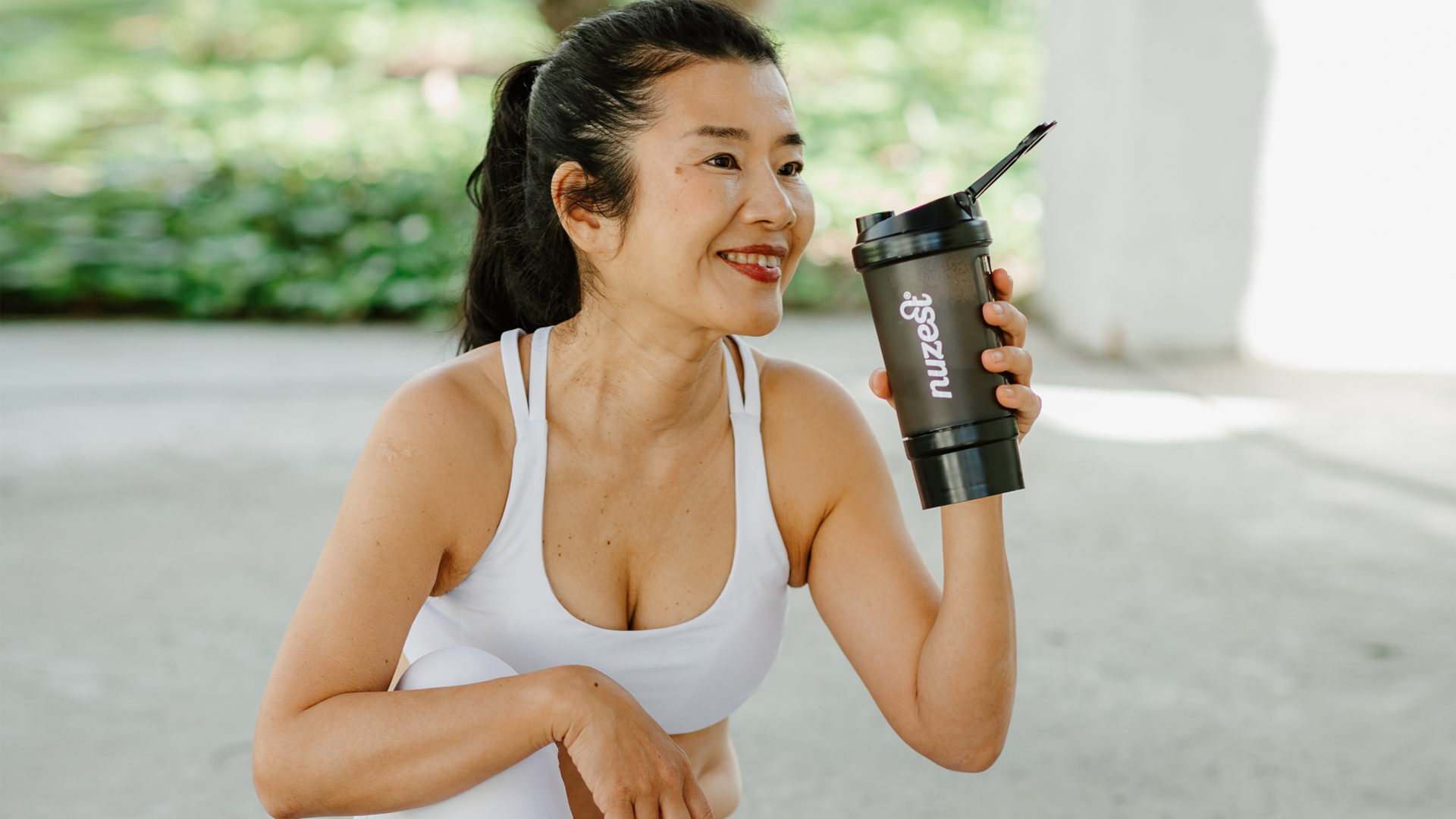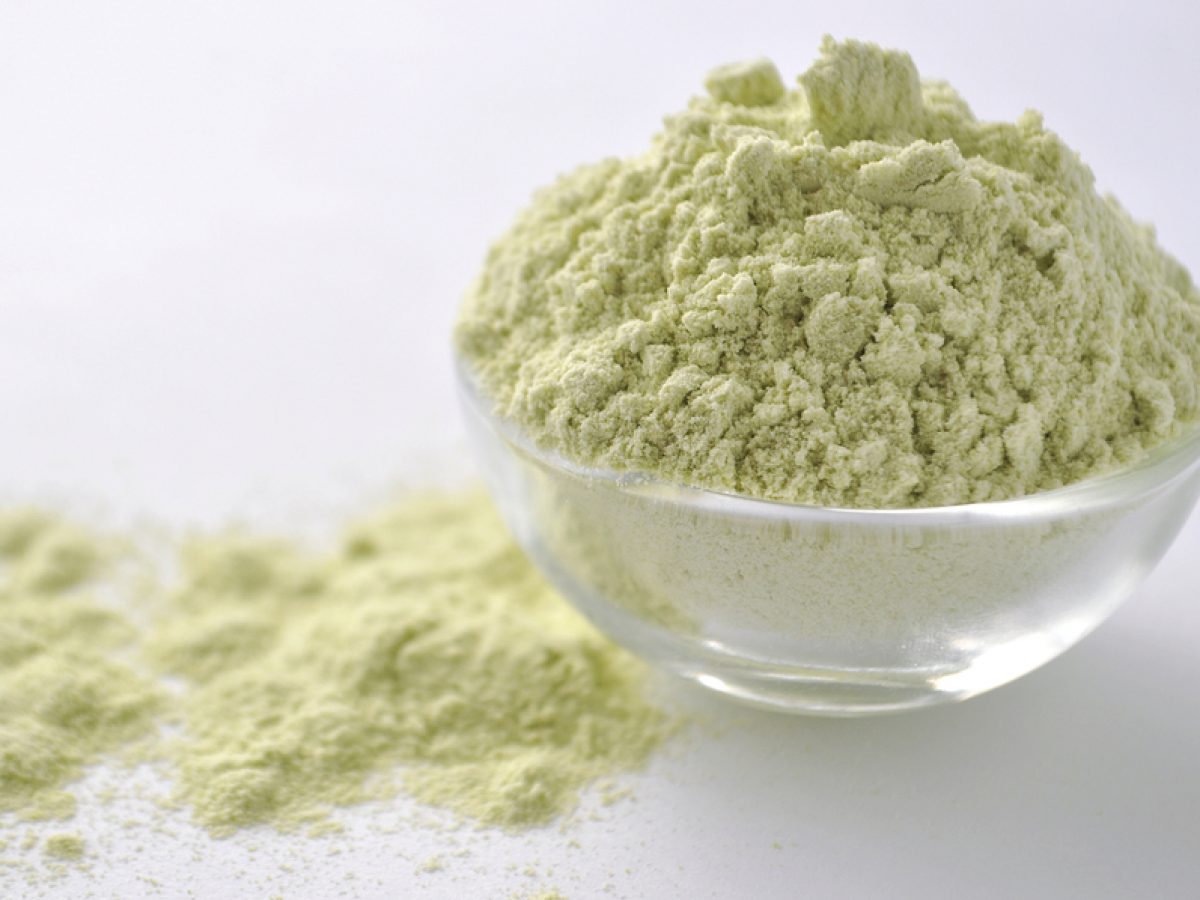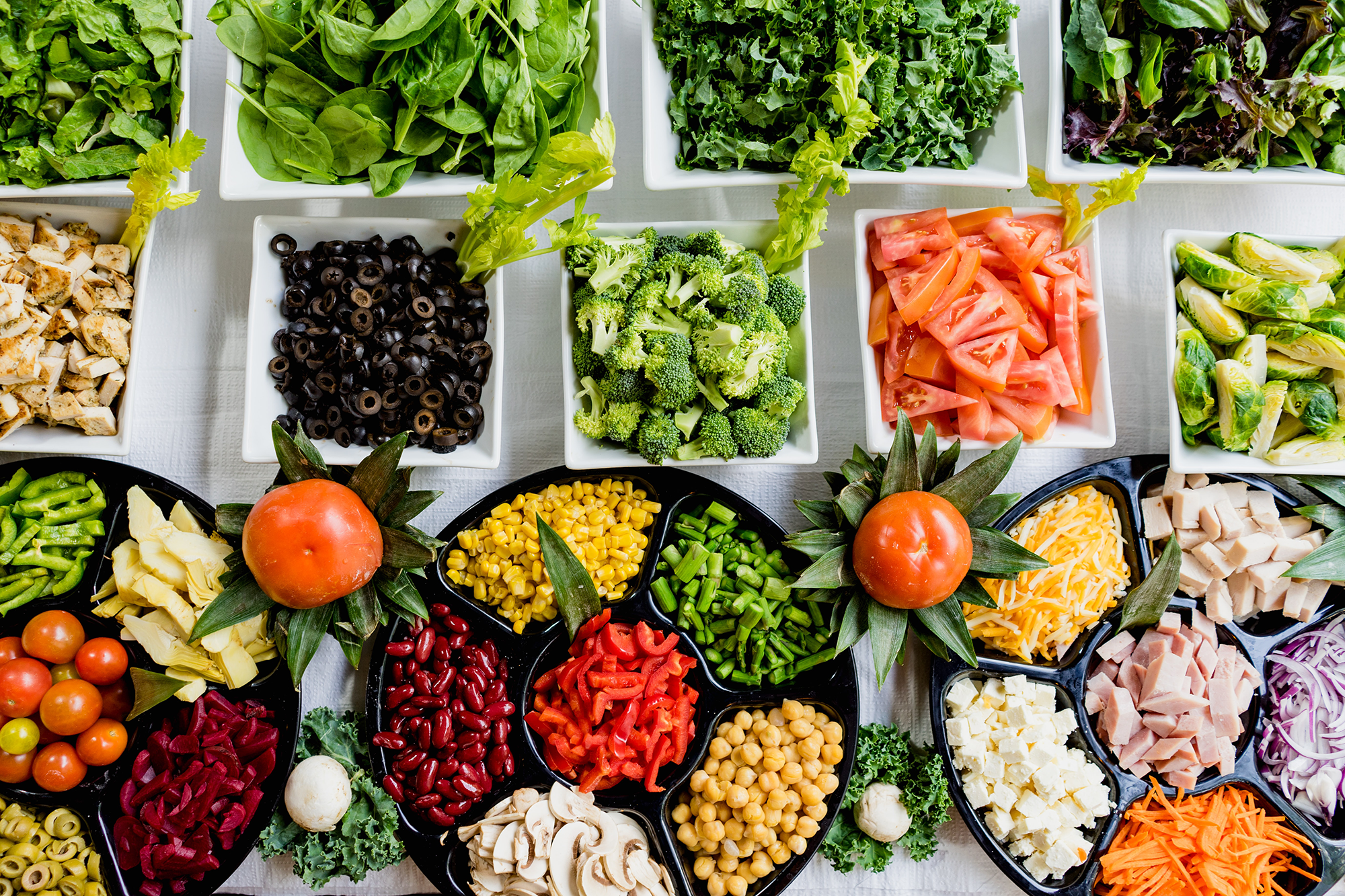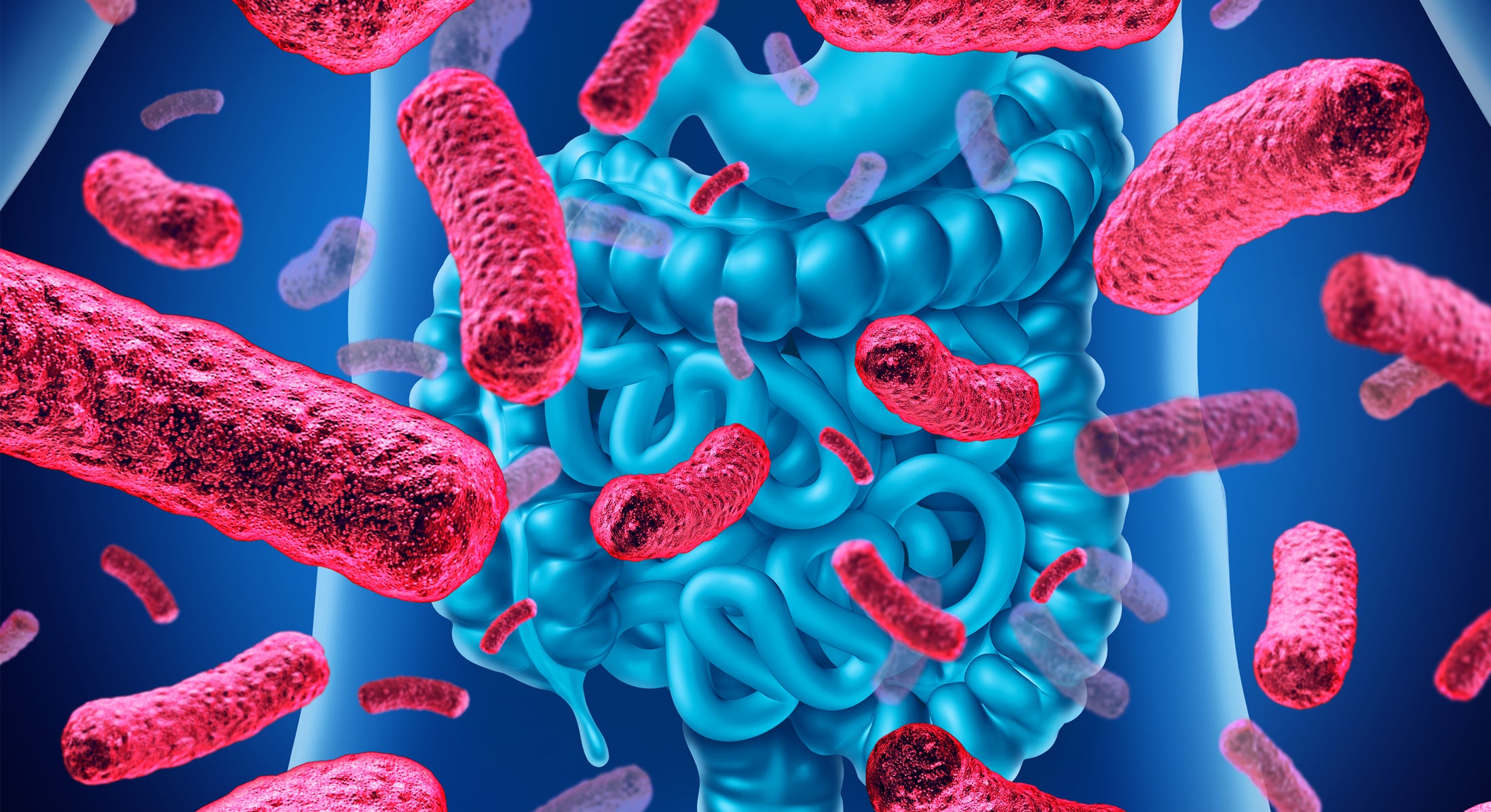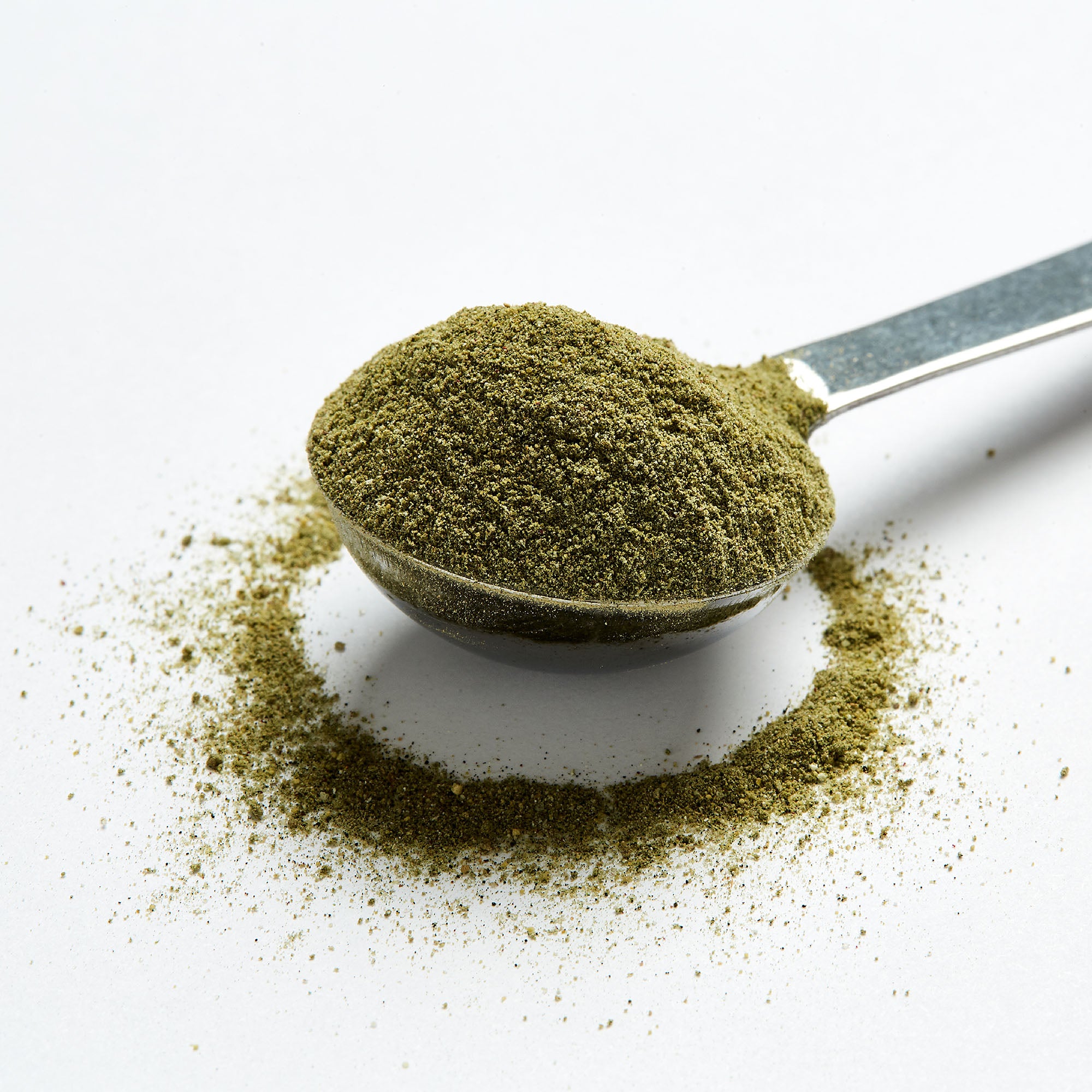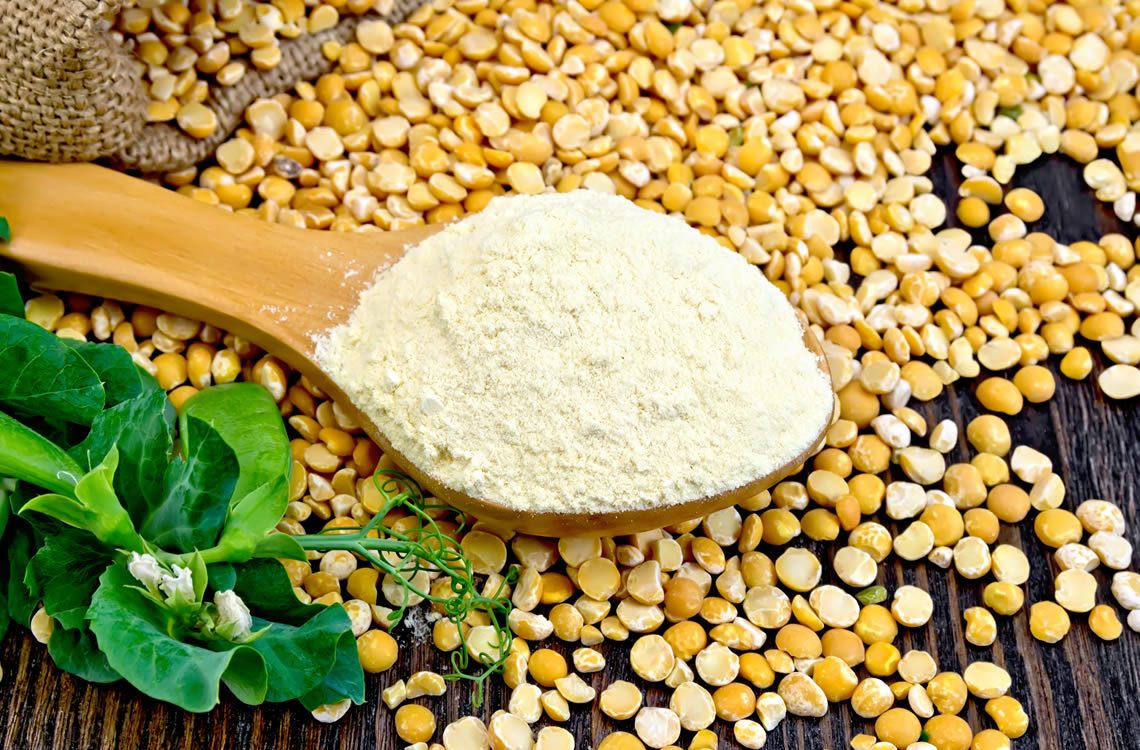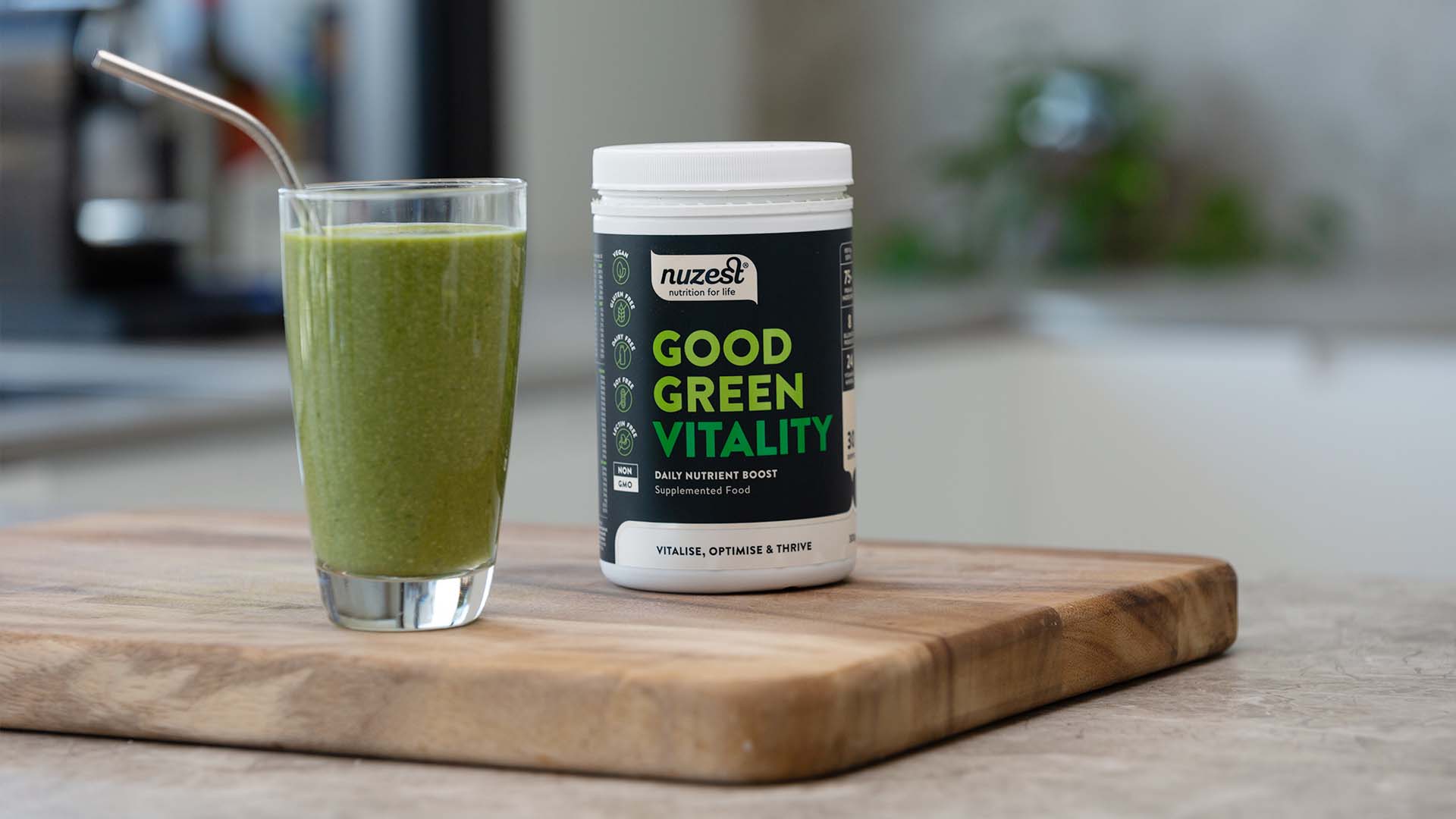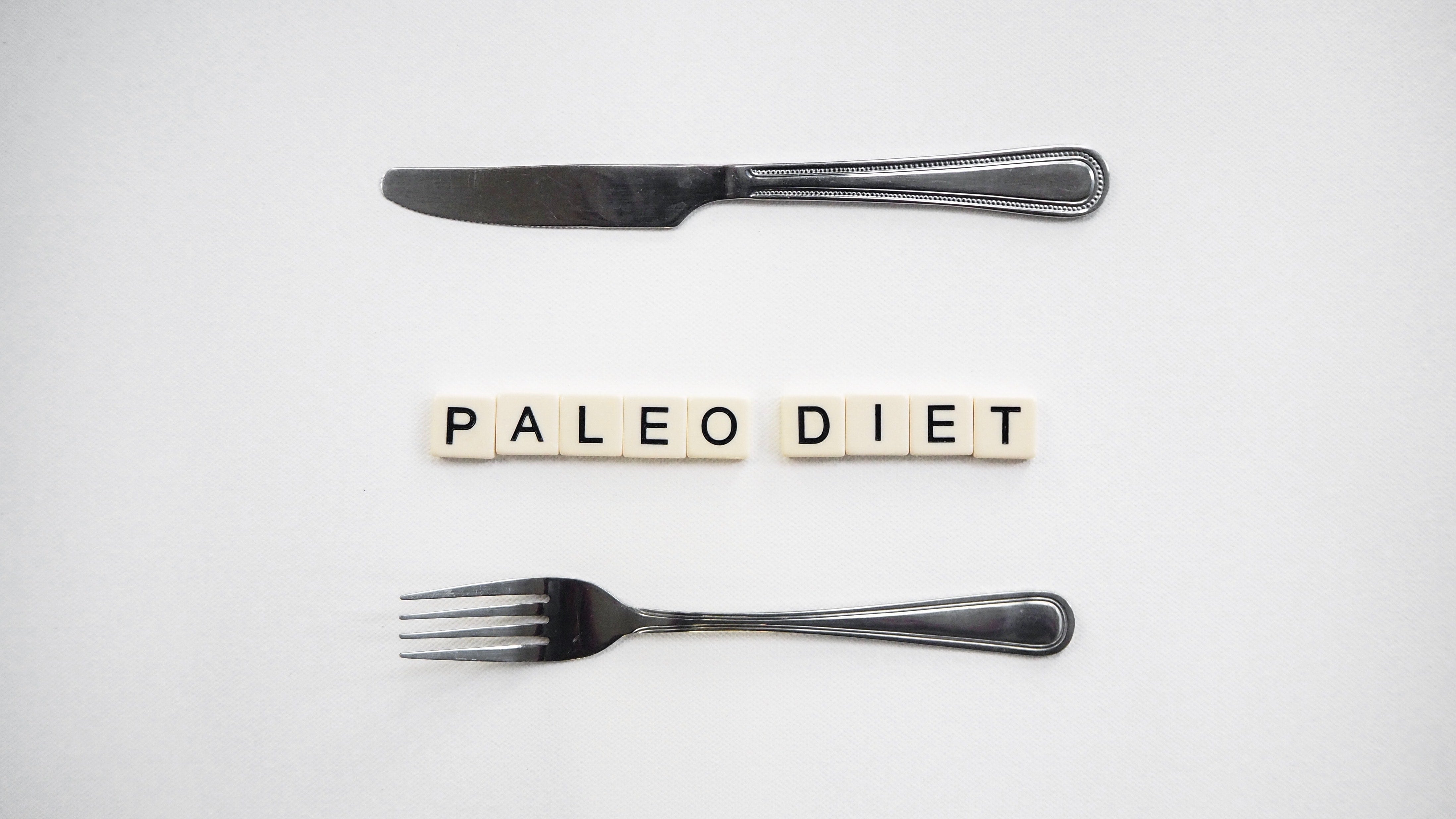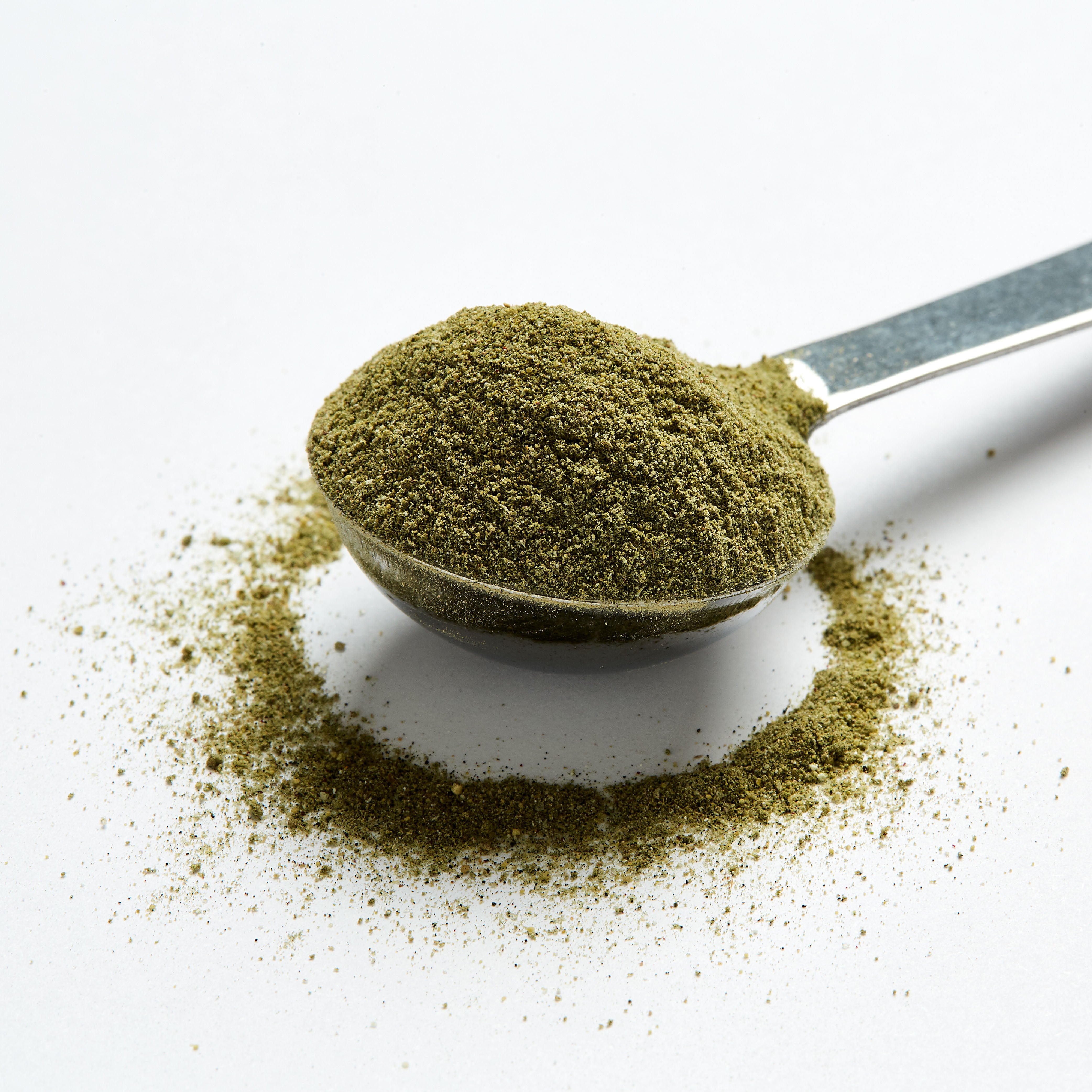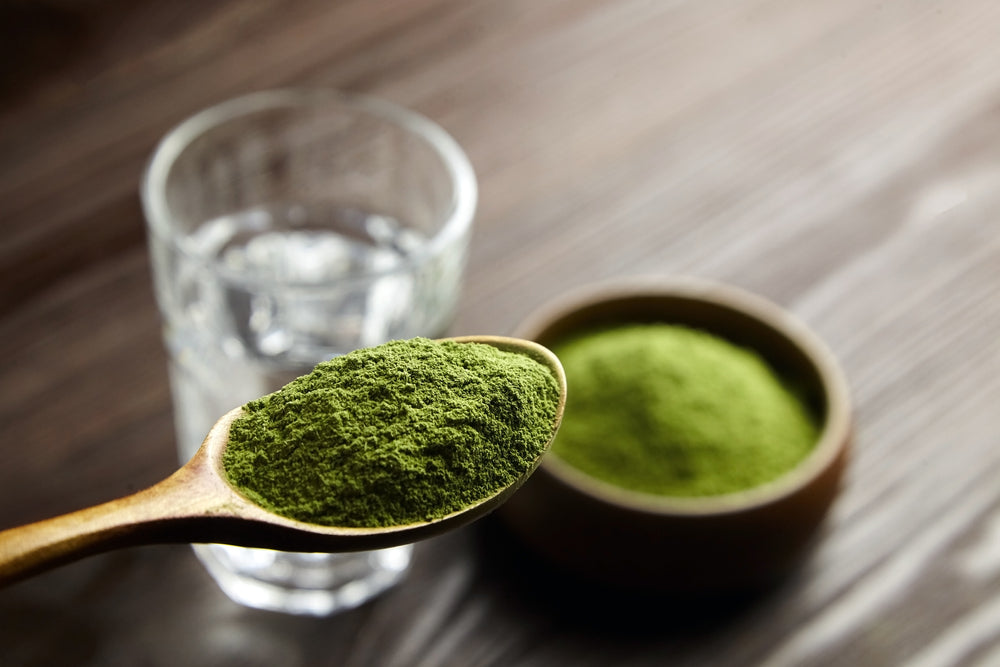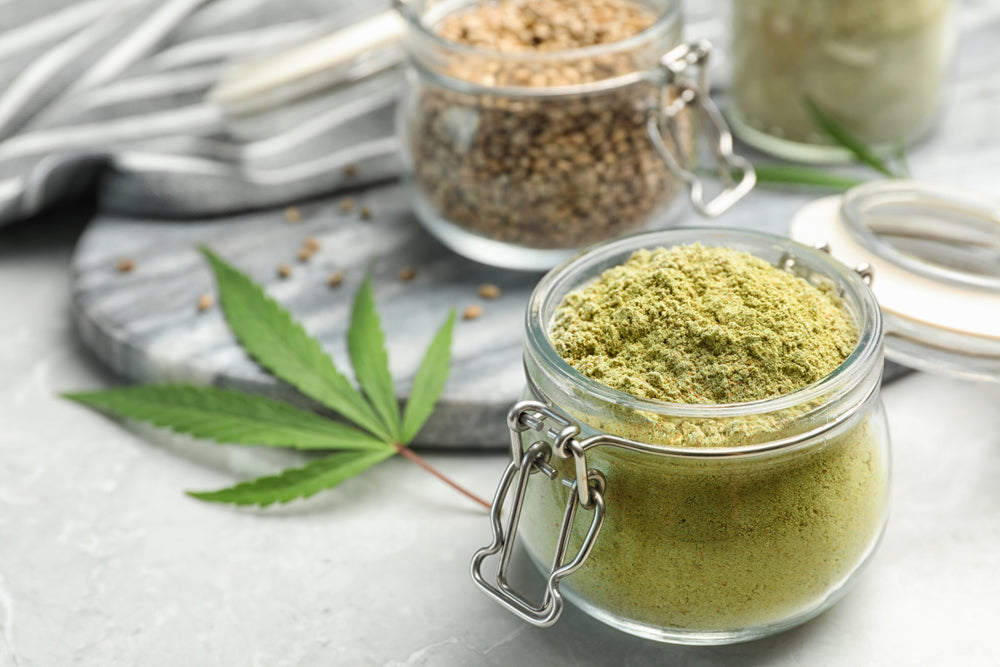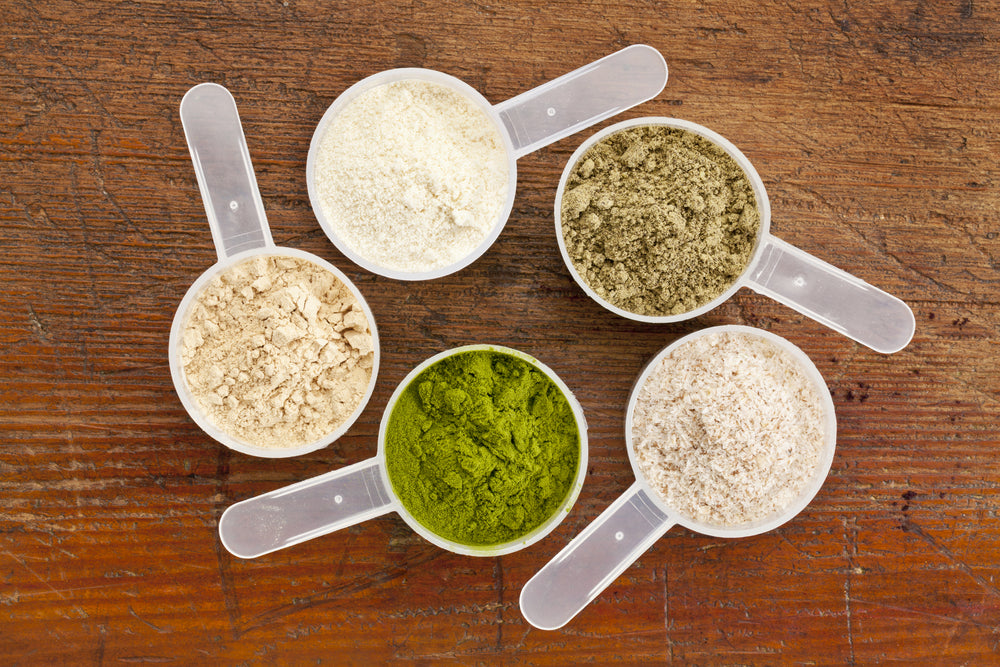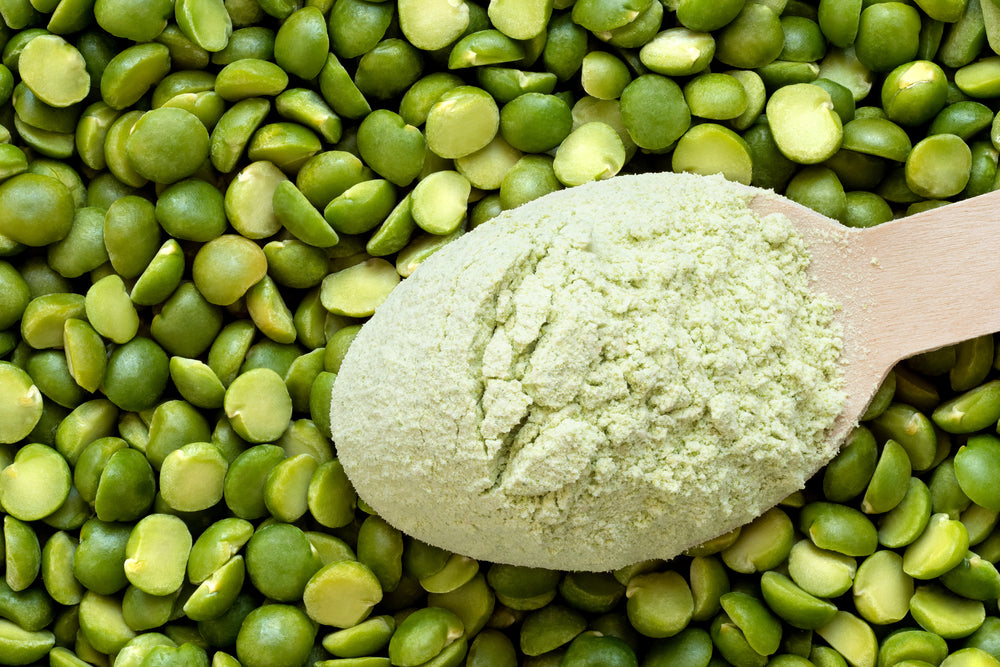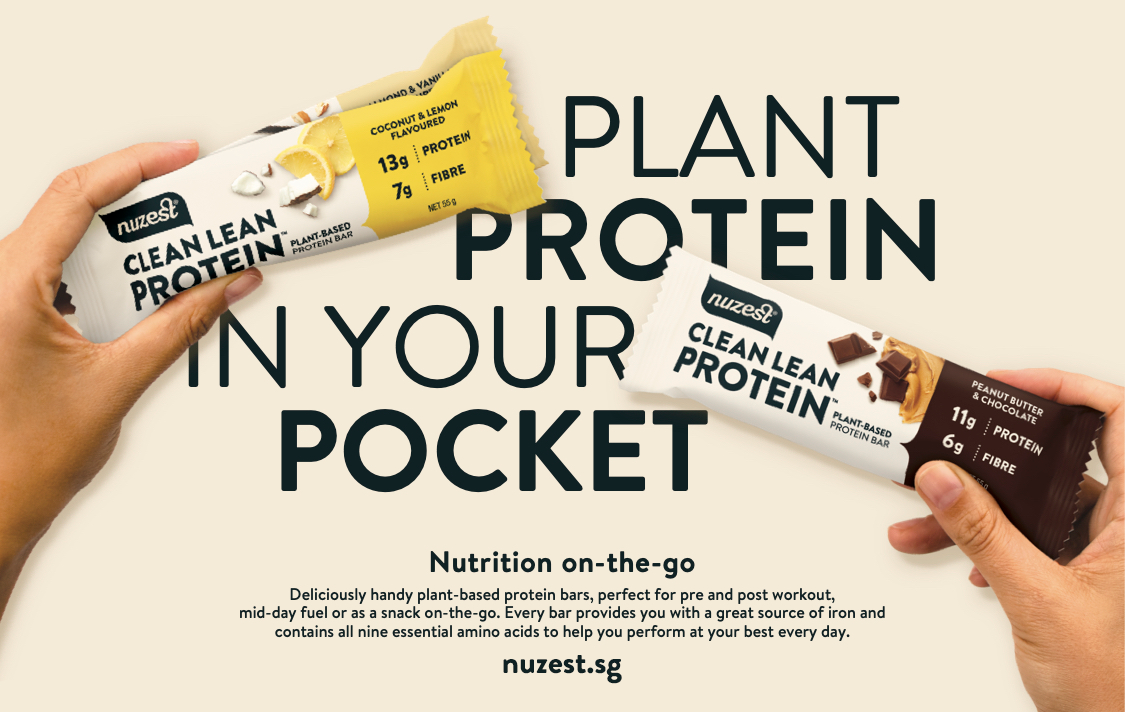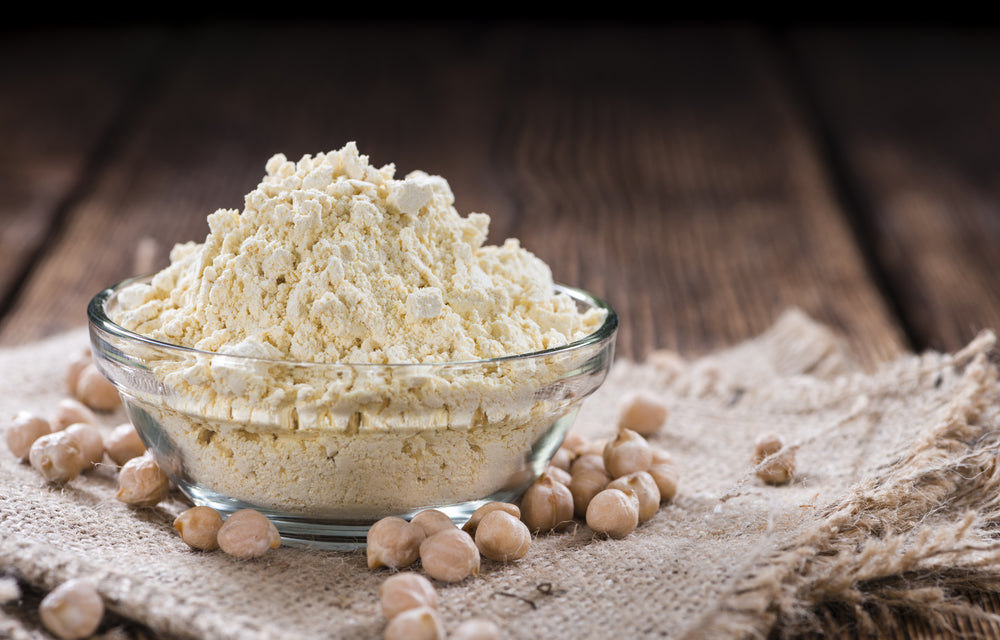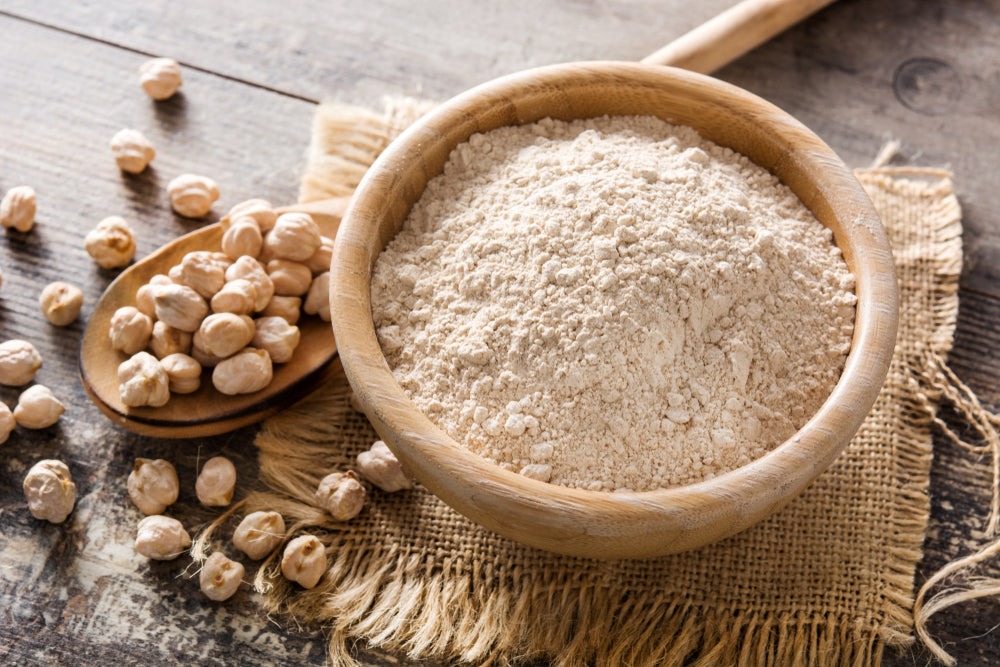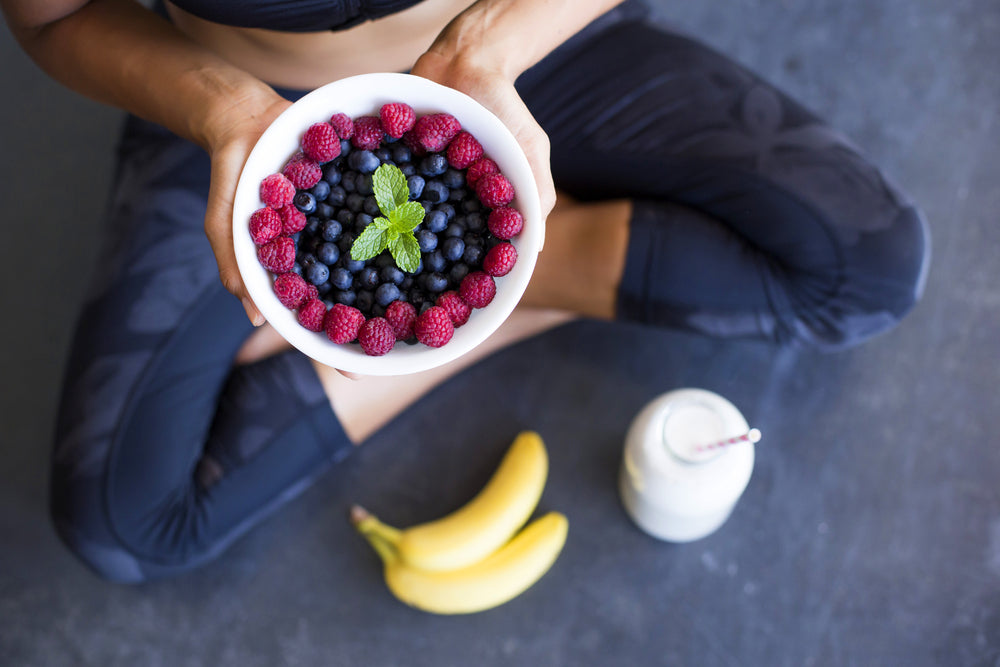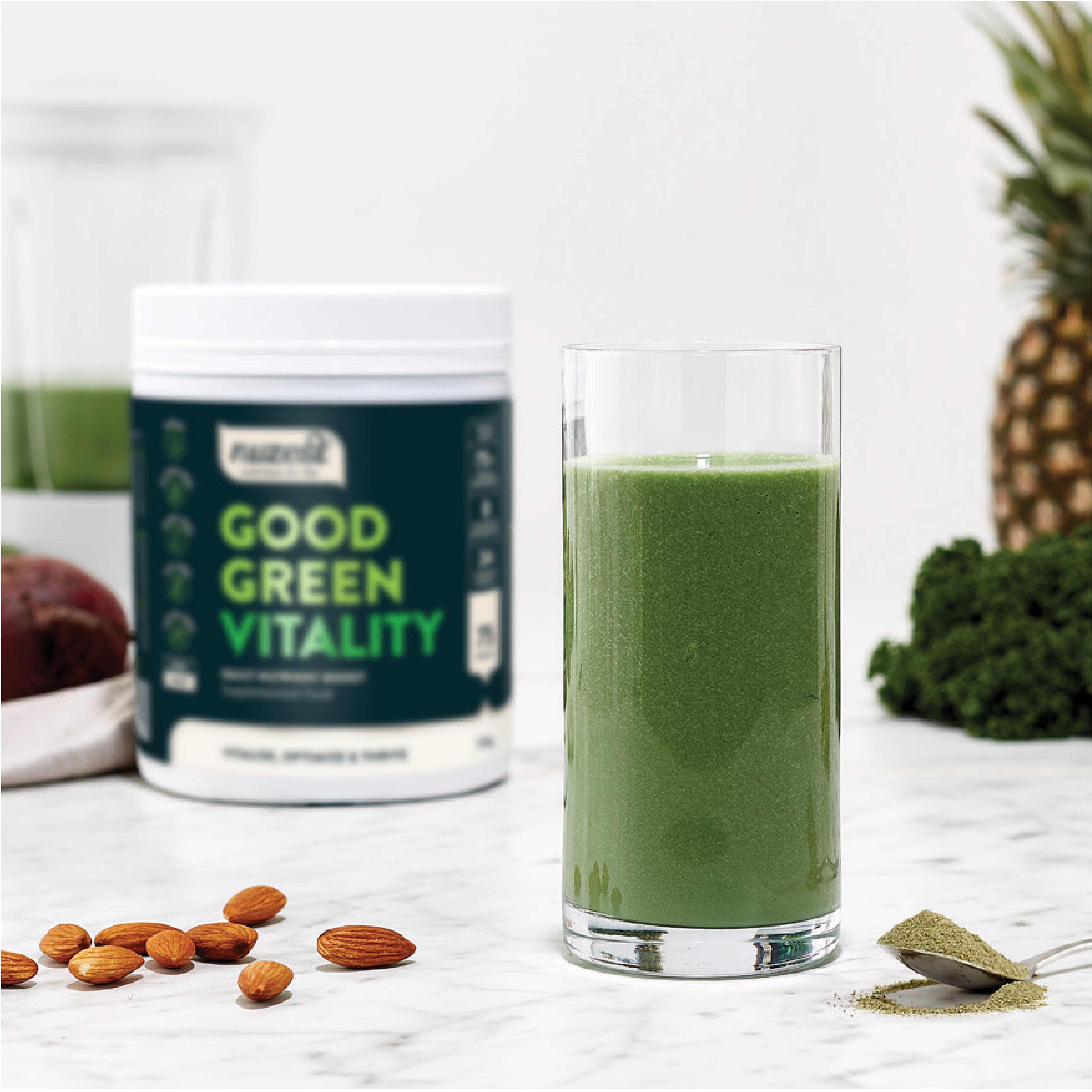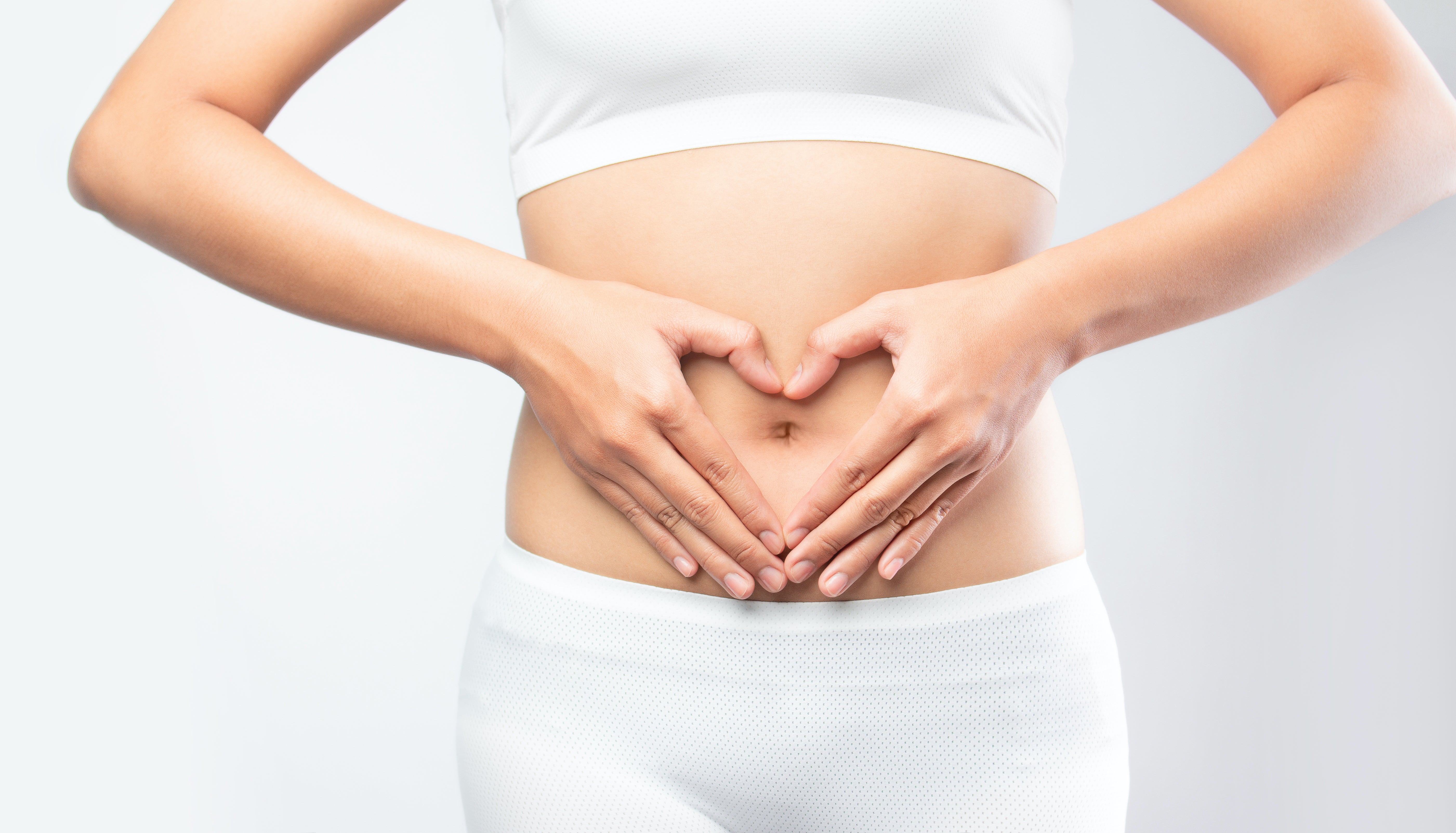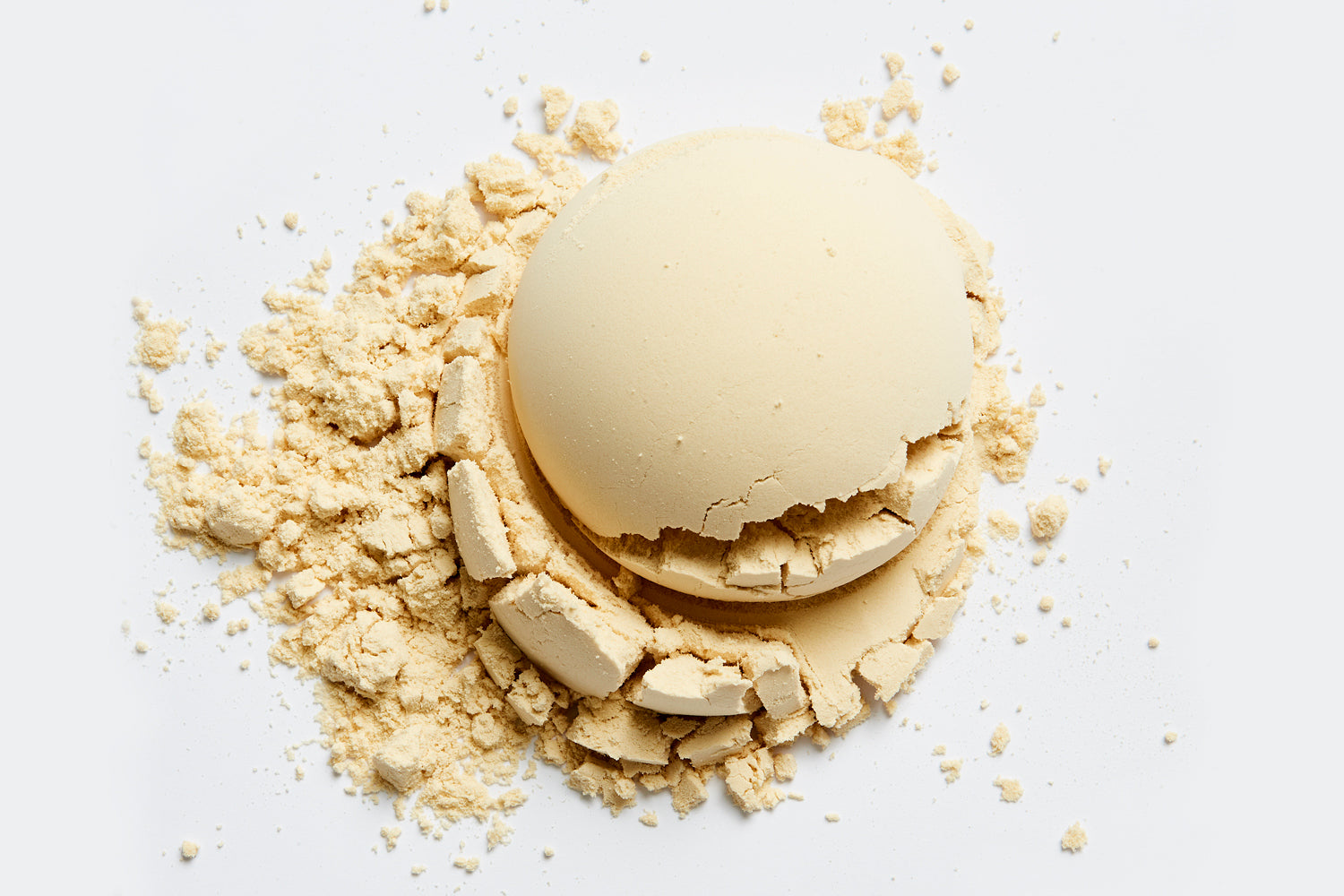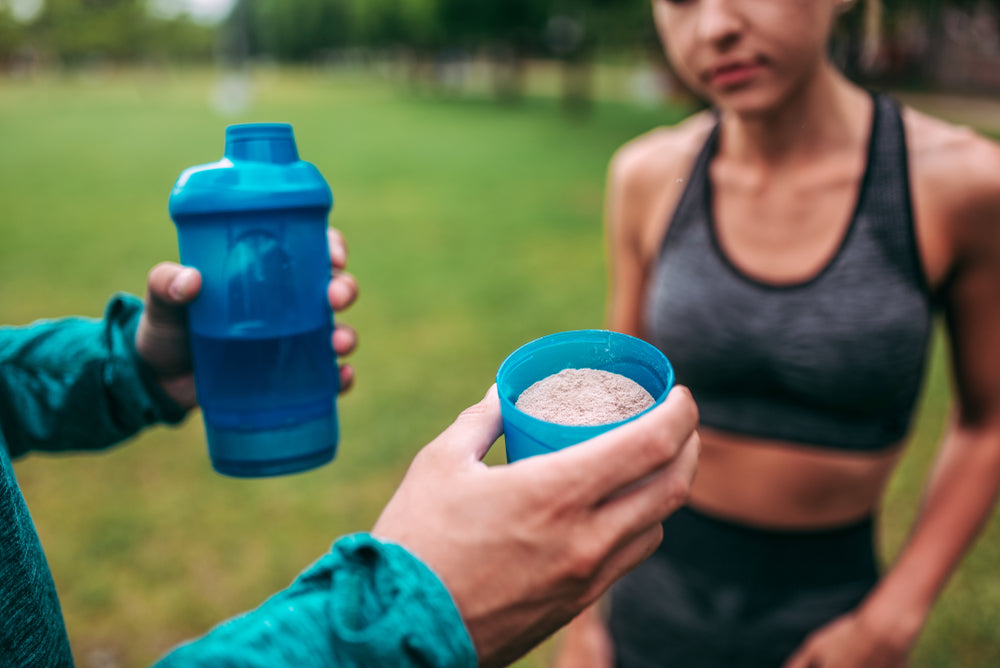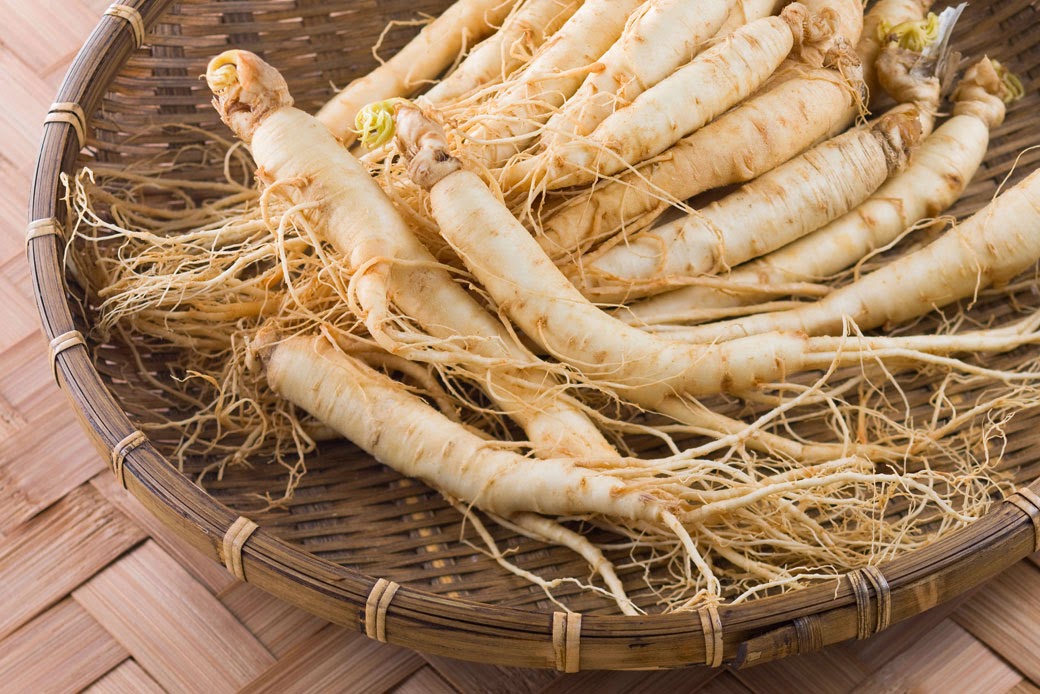Instead of eating for two, eat right during your pregnancy. It is not uncommon to see pregnant women desiring not to add weight, avoid certain foods, including proteins. Before we jump straight into the topic of this article, remember adequate protein is necessary for mother and growing baby.
Interestingly, when we talk protein, the first things that come to mind are eggs, meat, milk, and others in that category. Recently plant-based protein has been garnering recognition in their ability to provide even more than the nutritional value of the protein found in animal based foods.
Maternal protein intake during pregnancy is essential for a healthy gestation, labor, birth, and baby. Proteins are not only necessarily for the immediate purpose of building blocks. They also help reduce the strain and stress on other organs like the heart, breast, uterus, blood, tissues, and even embryonic membranes.
Furthermore, are you one of those women who suffer from DISGUST during pregnancy? Then pea protein might be the only way to get in the required micronutrients for the baby and you. How much protein you consume during pregnancy will go a long way in determining the health and development status of your baby before and after birth till their adult years. However, that should not be a worry, as pea protein will provide all your requirements.
Micronutrients and caloric consumption
Your caloric requirements change and increases when you get pregnant. To meet up with the lapses, there is a need for a slight increment in nutrients that will balance your body’s new system but also provide enough energy for you.
Remember that as good as all the nutrients are to the body, consuming anything in excess is detrimental to your health and that of the baby too. The most essential micronutrient is protein. You need protein more during pregnancy to maintain tissue and organ growth for mother and baby. Low intake of protein can affect your baby’s weight and length or even result in premature birth. When choosing the right protein, their digestibility should be considered as the glycemic index GI slow down during pregnancy, making it hard for the body to digest animal protein. This causes indigestion, constipation, and vomiting. This is why Pea protein is an exceptional substitute that is safe for consumption during pregnancy.
Why Pea protein?
Asides from their nutritional value, they contain compounds that boost fetus growth. Pea protein contains DHA – Docosahexaenoic acid that helps in fetal brain and retinal development.
This polyunsaturated omega-3 fatty acid supports psychomotor neuro- growth in their first months after birth. It is also found in breast milk. Although DHA is contained in animal protein like milk, seafood, and eggs, it is faster absorbed by the body than animal proteins. Furthermore, food safety is crucial for pregnant women, and pea protein is absolutely 100 percent safe.
Benefits of consuming pea protein during pregnancy

They are packed with Vitamins and minerals.
Unlike those foods that contain artificial folic acid that add nothing to your body, pea proteins are packed with folic acid. Folic acid helps in DNA synthesis, which prevents any generic birth defect in your baby. Furthermore, vitamins and minerals help in the complete development of your baby.
Keeps you in shape
If you are worried about staying fit but healthy during your pregnancy, plant-based proteins are the right way to go. They fill you up with energy, curb unnecessary cravings, and you add just the necessary amount of weight to support your growing baby.
They contain no additives
There are plenty of protein sources on the market, but none compares to pea protein. When they are organically grown and packed, they contain zero chemicals or harmful substances that are detrimental to your system.
Healthy Heart
Your heart pumps for two when you are pregnant and you need it to be in top shape throughout the 40 weeks. Consuming pea protein reduces cellular stress on the heart but also decreases LDL build-up. Excess cholesterol can cause arteries blockage, thereby reducing the pumping capacity of the heart. And a healthy heart equals more energy, less stress, and a fit baby.
Easily digested
If you are one of those women who suffer from severe morning sickness, allergies, or cannot keep your food down, then pea protein is tolerable. It does not have the chalky or chemical after taste to upset your stomach. Its low glycemic index also means it is absorbed faster into your body.
Provides your protein requirement for the day
A pregnant woman should consume 70 to 100 grams of proteins daily. 100 grams of pea protein has just over 90g to keep mother and baby healthy while providing all the nutrients you need.
How to choose the right pea protein?
Since the world shifted to plant-based proteins, supermarket shelves have been flooded with the brand claiming more than they offer. Although pea protein has exceptional quality and nutritional value, ensure you do the following.
- Look for brands that are not for weight loss, as they contain additional ingredients, which may not be healthy for your baby.
- Check the label for the clean label logo.
- Read through the ingredient and avoid any product with processed pea.
- If you are gunning for fresh, buy from a farmer’s market or trusted brand.
- If you are new to pea proteins, start with a shake, this way, you know if you like it or not. However, pea protein can be added to any cooking process when fresh or in powdered form.
A healthy diet and adequate nutrition are essential for growing babies and mothers. Pea protein is safe, and just two tablespoons are enough to keep you in high spirits all day. However, in an unregulated market, protein brands are not designed for pregnant women. If you are new to pea protein, run your thoughts through your OBGyn in other to avoid mistakes that could harm your baby. So to the question – can I consume pea protein during pregnancy? The answer is an emphatic YES.
Disclaimer: The information provided on Nuzest is for educational and informational purposes only. The information provided on this site is not, nor is it intended to be, a substitute for professional advice or care. Please speak to your qualified healthcare professional in the event that something you have read here raises questions or concerns regarding your health.
Shop Nuzest
Powerful, nutrient-packed formulas for a stronger, brighter, more active you.


